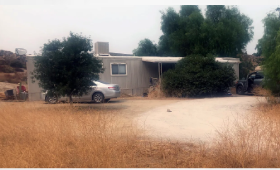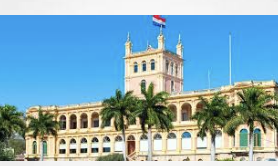Post & Courier
On 19 acres of farmland, Cody Callarman began growing hemp in a small shed. With the weeks-old puppy he’d found on the land by his side, he prepared the crop before eventually planting the seedlings in the ground.
That was four years ago. Today, much of the land that once held Callarman’s crop sits unused. Deer eat at the weeds. Hazel is no longer a puppy.
“It was a green rush, everyone thought this was a cash crop,” Callarman said. The Marine veteran owns Zitro Farms and Carolina Dream, a hemp-based product company on Edisto Island.
He was one of many farmers across South Carolina to jump at the opportunity to plant the crop after the federal 2018 Farm Bill made it legal for farmers to grow hemp.
Hemp is derived from the same plant as marijuana, cannabis sativa, but contains little of the psychoactive compound known as THC. It tends to contain more CBD, the non-psychoactive compound typically used in products like edibles, seltzers and oils.
The number of South Carolina farmers permitted to grow the crop peaked in 2020, at 265. That number has steadily dropped. Only 132 farmers were listed as permitted hemp farmers in the state last year as the value of the crop has plummeted in recent times.
The farmers, along with industry experts, said state regulation and an oversaturated market have stifled the crop’s success, even as companies have begun introducing more hemp-based products like seltzers and gummies.
Too much hemp
When the Farm Bill was signed into U.S.law in 2018, only 20 South Carolina farmers were permitted to grow hemp as part of a pilot program the state rolled out. The next year, after the state removed the initial cap on permitting, that number jumped to 161. In 2020, it peaked at 265.
Read full report


















